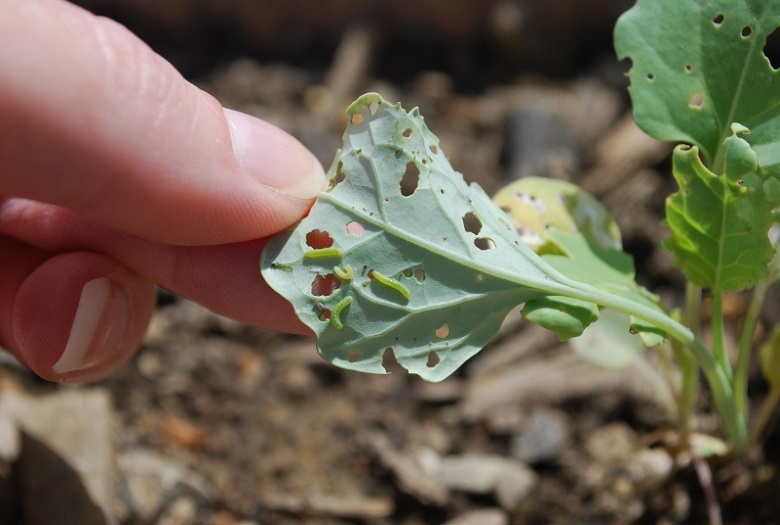As the weather becomes cooler, you will notice that the annoying bugs that have been plaguing you all summer are gradually disappearing. Don’t fall for that. A lot of those bugs are still buzzing about your garden. They have either settled in for the winter or placed their eggs in your gorgeous dark, rich topsoil.
That’s why it’s best to get rid of garden pests in the fall. If you take some easy measures during this season, you can significantly lessen the severity of your pest problem. Your bug struggles will be much less next year.
If you want to rid your garden of pests, take action and follow these steps.
Clean
When you’re done harvesting, clean up the remains of the plants and pull any weeds you see to deter bugs that like to hide in the garden. The trash shouldn’t go in the garbage can or compost bin. You’ll probably just be reintroducing unwanted bugs to your garden because your compost doesn’t get hot enough to destroy them.
To think about weeding at the end of the season is, I get it, a drag. Even more so if you, like me, let the weeds of late summer get out of control.
Remember that every weed harbors an insect that will spend the winter there. Remove the weed and you take away their habitat.
Pupae of cabbage worms spend the winter dormant in the soil near the bases of plants and amongst fallen leaves in your garden. They overwinter as caterpillars, emerging as butterflies in the spring to lay eggs and eat your tender plants.
The cabbage worm is a springtime pest that dines on cabbage, broccoli, and cauliflower. They’re destructive, as they eat everything the plants have to offer.
You can prevent cabbage moths from establishing a breeding ground by clearing the garden of weeds and plant debris.
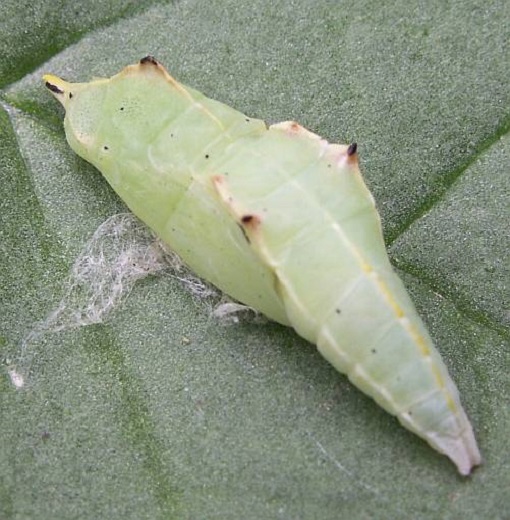
Till
It’s easy to associate tilling with the spring season, but you should actually do it while it’s chilly outside. The pests in your garden will be exposed to the elements and either freeze to death or be devoured by birds. You will reduce their population and disturb their life cycle in the process.
In addition to preventing the resurgence of overwintering pests, tilling also eliminates fungal and disease growth.
The soil is better prepared for spring planting after a fall tilling. It disperses hardened clumps and kickstarts air circulation below ground. Tilling right before a strong frost is ideal.
Keep in mind that insects could be hiding in the vegetation around your house as well. The University of Wisconsin suggests creating a separation between your garden and the surrounding neighborhood.
Even though you can till here, it’s important to keep an eye out for any helpful insects that might be lurking.
Squash bugs are not just a concern in Kentucky; they may be found all around the United States. Squash bugs spend the winter underground if they haven’t yet mated. They will burrow down six inches for a long winter’s snooze as the weather turns chilly.
In the spring, squash bugs will emerge and begin laying eggs in your cucurbits and squash. You can aid with pest control by tilling and exposing these overwintering bugs.
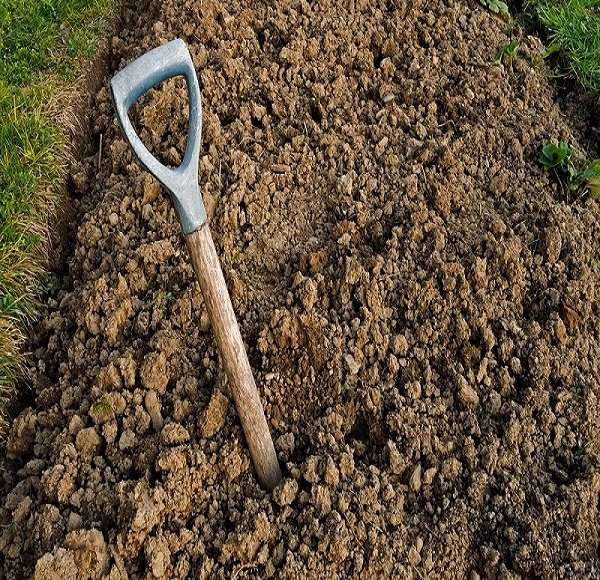
Use Animals in Productive Ways
Chickens
Chickens are excellent garden tillers, and they also eat a wide variety of unwanted plant pests. In 4–6 weeks, a chicken may till 50 square feet of established sod.
Chickens will eat any insect eggs, larvae, or adult insects they find. Even while we know they do better when fed a vegetarian and natural diet, chickens are, in fact, omnivores. Chickens are insect eaters at heart.
The chickens will be able to scratch further into the soil in their search for insects if it has been tilled beforehand. If you’re a fan of no-till gardening, you may let the chickens do the work of tilling and debugging while you take care of the weeds.
Hogs
Hogs are the best tillers there are. They will clear away dead plants and get rid of any pests that may have been lurking there.
You should provide them with a space where they can satisfy their innate desire to dig and root around in the dirt. What a hog can do to soil is incredible.
Even if the ground isn’t perfectly flat, pigs will make it so. The soil will settle into a more even surface as they work it.
Fences must be quite secure while keeping pigs. The fencing must be “hog tight” so that the hogs cannot dig under, climb over, or break through it. Hogs can be safely contained with three parallel strands of electric wire.
Hogs come in a wide variety of breeds, and many of them excel at digging and hammering. Mulefoots, American Guinea Hogs, Hampshires, and Cheshire Whites are all examples of such heritage breeds.
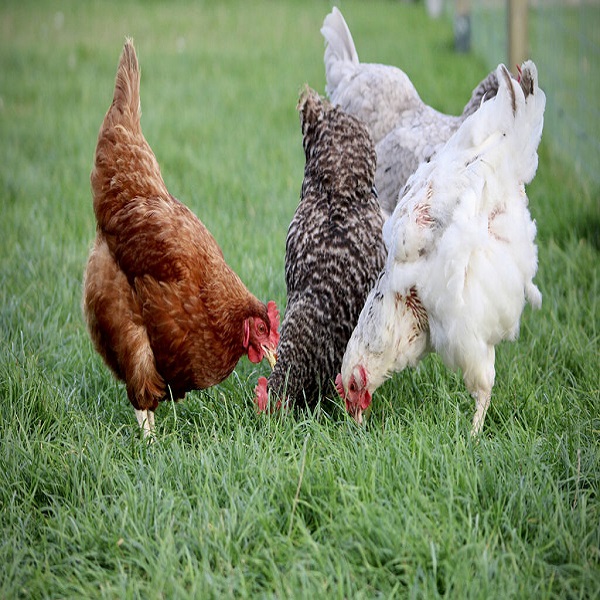
Strengthen Your Soil
Mulch and garden amendments should be applied now. Plants grown in fertile soil are better able to resist the effects of garden pests. Determine the pH level of your soil, and then amend it with mulch, fertilizer, or whatever else it may need.
Planting a cover crop in the fall is highly recommended. In the spring, when planting season rolls around, this will help enrich the soil and get it ready for use.
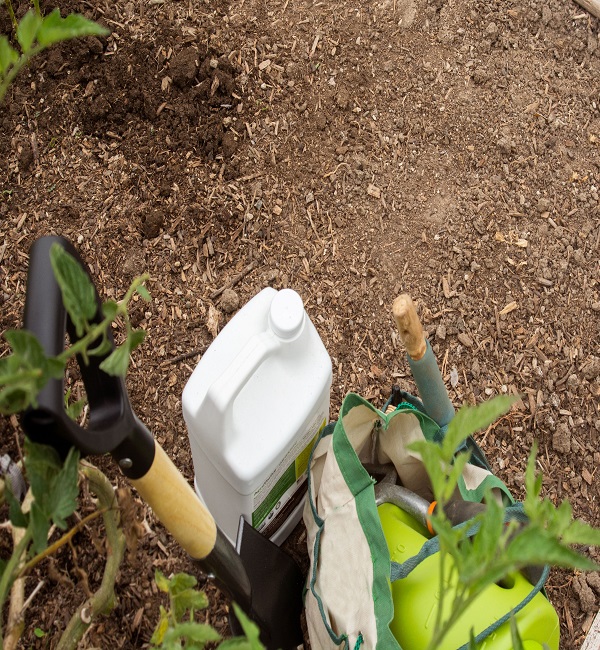
Springtime crop rotation preparations
In addition to scrubbing, tilling, and enlisting the aid of your cattle in the fight against pests, there is one more thing you can do. Crop rotation strategies are best mapped out in the fall. Think about the kind of garden pests you encountered this year and where they were most active as you are tilling the soil, pulling weeds, and watching the chickens run after bugs.
Consider which crops you saw had problems with pests.
Make a note of which pests caused you the most trouble and in which areas of the garden they were found. If you’ve had problems with tomato bugs in the past, it’s probably a good idea to plant your tomatoes somewhere different next year.
If cabbage worms decimated your cole crops because they were planted in the southwestern area of your garden, try planting them somewhere else next year.
Annual crop rotation deprives insects of their preferred food source, making their lives more difficult. Common garden pests like grubs and worms only develop wings as adults, making them prone to confusion when flying. Soil quality can be increased by rotation as well.
If you follow these instructions, you can relax in front of a warm fire, assured that your spring plantings will be successful.


